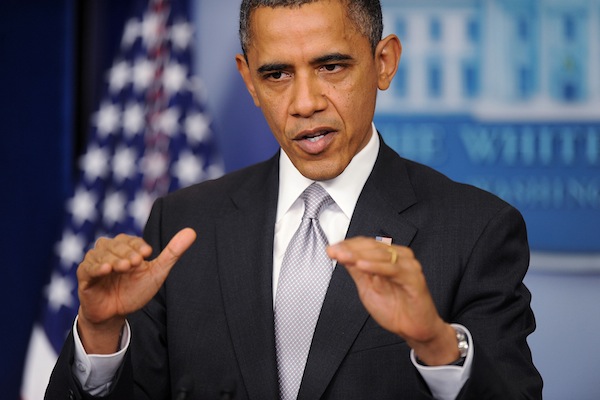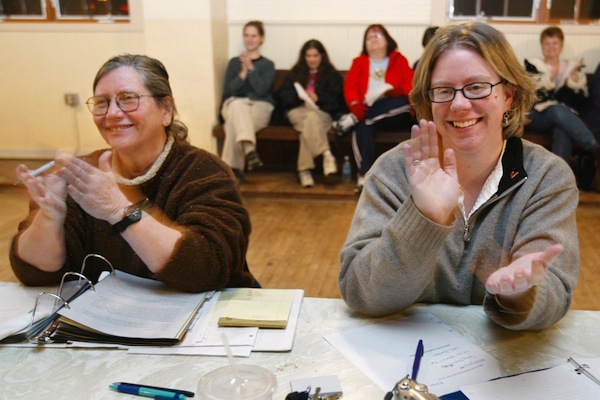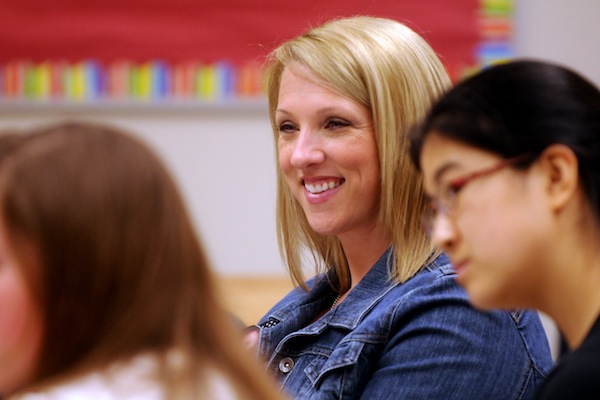Washington (MCT) – America has been here time and time again.
After Columbine. After Virginia Tech. After Tucson.
In the last three decades, the nation has grieved over more than 60 mass shootings.
But something changed after the massacre last month at Sandy Hook Elementary School in Newtown, Conn. The thought of 20 once-smiling 6- and 7-year-olds suddenly riddled with nine, 10, even 11 bullets permeated the national psyche.
This week, President Barack Obama proposed the nation’s most aggressive gun control plan in generations. Governors have unveiled their own plans for restrictions. Groups who have been toiling for years on the vexing issue of gun violence suddenly have influence in a newly invigorated grass-roots movement.
Poll after poll finds more Americans agree that their elected officials need to do something, anything, to prevent more children from dying in a nation with more firearms than any other in the world.
“I … have never seen the nation’s conscience so shaken by what happened at Sandy Hook,” Vice President Joe Biden said this week. “The world has changed.”
But in Washington, where cooperation in a divided Congress is tenuous at best, it still may not be enough.
Some Democrats who have long supported gun rights have called for changes. But others on Capitol Hill, including most Republicans, remain opposed to restrictions on guns, worried that the government is chipping away at the freedoms this nation was founded on.
“While we mourn with those who have lost loved ones, in no way should the actions of those few who act illegally impact the constitutional rights of the many,” said Sen. James Inhofe, R-Okla.
The right to keep and bear arms has divided American society for decades. There are no signs it will stop now.
Rep. Richard Hudson, R-N.C., said, “Not a day passes that I don’t think about the Newtown community,” but he remains opposed to changing gun laws. Sen. Lindsey Graham, R-S.C. called the shooting “heartbreaking and beyond words,” but he, too, is opposed.
“The only place where this is a heated partisan debate is in the halls of Congress,” said Dan Gross, the president of the Brady Center to Prevent Gun Violence. “It’s not among the American people.”
Politics, of course, plays a role. Obama, facing no other election, has a freedom he never had before. But every member of the House of Representatives and many senators will face voters as early as next year. And those considering presidential runs in 2016 can’t help but wonder how gun control helps or hurts their causes.
Former Congressman Tom Davis, a moderate Republican from Virginia who helps lead the Republican Main Street Partnership, which searches for “pragmatic, common-sense solutions,” according to its website, said his party had taken a beating in recent elections, which had prompted it to correctly reconsider what it stood for, but that didn’t necessarily need to include gun control.
“I think the brand is certainly hurting, but the ultimate question is, does it get better by breaking with the base and have it turn on you?” he asked.
Even Democrats have shied away from gun control since the 1990s – particularly after losing so many seats in the 1994 elections – when they realized it was working against them in marginal states. That’s why the shift among some now is so remarkable.
Chicago Mayor Rahm Emanuel, who worked in the White House under Obama and President Bill Clinton, recalled that Clinton succeeded in passing some gun control measures early in his first term: waiting periods, background checks and an assault weapons ban. But later, even after the 1999 massacre at Columbine High School in Colorado, which left 12 students and a teacher dead, the president wasn’t able to accomplish more.
“Everyone knows this will be a tough slog,” Emanuel said. “While Newtown has focused us … it’s been a tipping point, but it’s not a guarantee.” #
___
(c)2013 McClatchy Washington Bureau. Distributed by MCT Information Services







